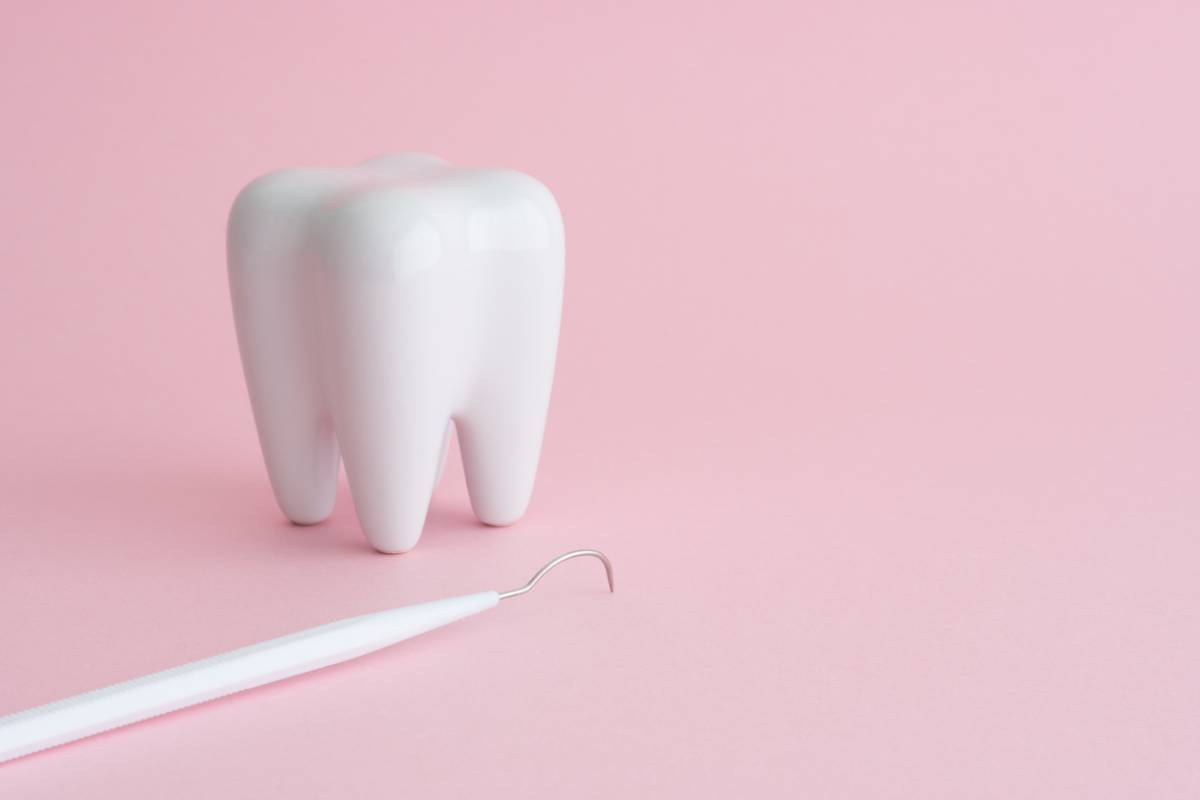Dental emergencies often happen when you least expect them. When they do occur, it’s important to seek immediate dental attention. Whether it’s a knocked-out tooth from a sports injury or a terrible toothache, dental emergencies can be overwhelming. However, a dental professional skilled in emergency dentistry services can help. They can provide you with the necessary treatment to effectively address your dental issue. You may wonder, can a dentist extract a tooth in an emergency? Below, you will find helpful information on how your dentist may treat your issue.
Can a Dentist Extract a Tooth in an Emergency
Among the variety of emergency dental issues you may experience, there are some cases where extraction may be necessary. Severe tooth decay, trauma, or an infection are serious dental emergencies. If you are experiencing extreme symptoms or if there is a risk of further complications, a dentist may decide that extraction is the best treatment option. Dentists are trained to adequately assess and provide treatment to patients experiencing a dental emergency.
Common Dental Emergencies
There are a number of dental emergencies that may require extraction. Below are common dental emergencies that may necessitate tooth removal.
Dental Trauma:
Accidents or injuries from sports, physical activities, or even car accidents can cause severe dental trauma. This may result in knocked-out teeth, crowns, or fillings. It can cause serious pain and may require extraction if the issue is severe enough. An emergency dentist can assess the situation to determine the most effective course of action.
Tooth Decay:
Minor tooth decay requires treatment. However, severe tooth decay can be extremely harmful to your oral health. Depending on your symptoms and the amount of damage to your tooth’s structure, extraction may be necessary. If left untreated, the severe tooth decay can turn into an infection which can spread to the rest of your body. This can compromise your oral and overall health.
Gum Disease:
If treated early on, gum disease can be effectively managed. However, advanced gum disease can cause serious damage to your teeth. Gum disease can impact the tissue and bone around your tooth. If severe enough, extraction is necessary to preserve your oral and overall health.
Impacted Wisdom Teeth:
Impacted wisdom teeth can be a serious oral health issue. Impacted wisdom teeth can cause serious pain and swelling and are a risk for infection. This is because they have not erupted and may also be coming in crooked. Extraction is necessary to alleviate the pain and reduce the risk of further complications.
Tooth Abscess:
An abscess is a painful infection that has affected the root of your tooth. The infection can spread to other areas of your mouth and body, which can impact your overall health. To reduce the risk of harmful health issues, extraction may be necessary.
When to Contact An Emergency Dentist
Understanding when you are experiencing a dental emergency is critical. It is important to seek dental treatment right away if you experience severe tooth pain, swelling, bleeding gums, or fracture or broken teeth, crowns, or a filling. If your tooth is loose or knocked out, it is necessary to contact a dentist right away. If you are bleeding profusely or think you may be experiencing a medical emergency, seek immediate medical treatment.
Prompt treatment is the most important step you can take. A skilled emergency dentist can provide you with specific instructions on how to care for the issue. In some cases, you may be able to wait to get into an appointment during regular business hours. However, more severe dental issues require immediate treatment from an emergency dentist. This can ensure your long-term oral health.

